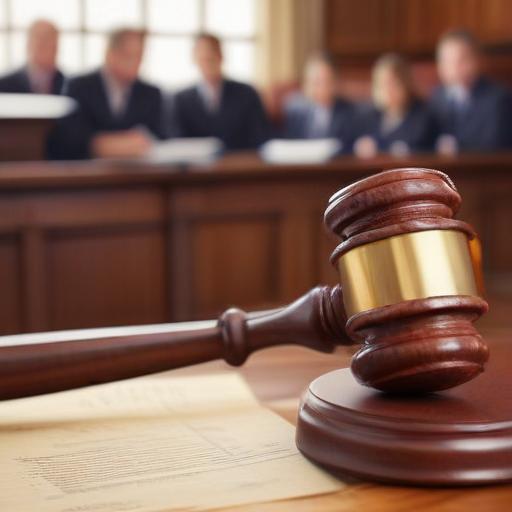A man accused of attempting to assassinate former President Donald Trump at his Florida golf course last year has received the green light to represent himself in court, as a federal judge has granted his request. U.S. District Judge Aileen Cannon ruled that while 59-year-old Routh will act as his own attorney, court-appointed lawyers must remain available as standby counsel.
During the hearing, Routh expressed dissatisfaction with his legal representation, stating that his attorneys did not listen to him and were fearful. “How are they supposed to represent me and say I’m not a dangerous person when they don’t believe that?” he questioned, highlighting a significant rift between him and his defense team.
Routh, who is facing serious federal charges including attempted assassination and assaulting a federal officer, had previously pleaded not guilty to state terrorism and attempted murder charges. The incident in question occurred on September 15, when a U.S. Secret Service agent reported seeing Routh with a rifle aimed at him, causing a chaotic scene that resulted in gunfire. Law enforcement was able to track Routh down thanks to witness reports.
The public defender’s office filed for termination of their appointment, citing a breakdown in the attorney-client relationship, as Routh has repeatedly declined to meet with them. They acknowledged that he has a constitutional right to represent himself, provided he can demonstrate his competency to do so.
This case raises important legal and ethical questions about the right to self-representation in serious criminal matters. While Routh insists that he is better suited to articulate his defense than an attorney unfamiliar with him, representing oneself in such a high-stakes situation can often be a challenging path fraught with risks. Judges typically ensure that defendants are competent to waive their right to counsel, and this situation underscores the complexities involved in balancing defendants’ rights with the need for a fair trial.
Given the ongoing developments in this case, it will be interesting to see how Routh’s self-representation will impact the proceedings. The outcome could set a significant precedent regarding self-representation in courts.
